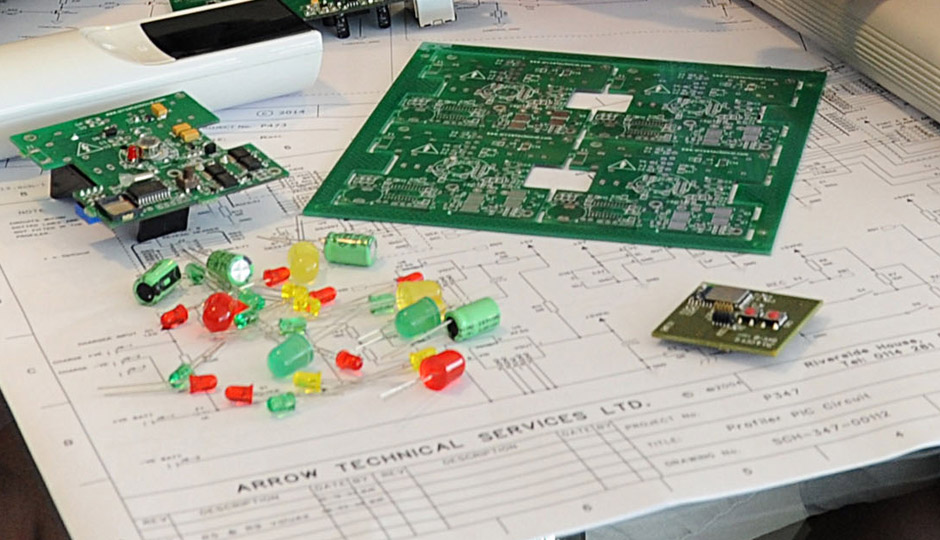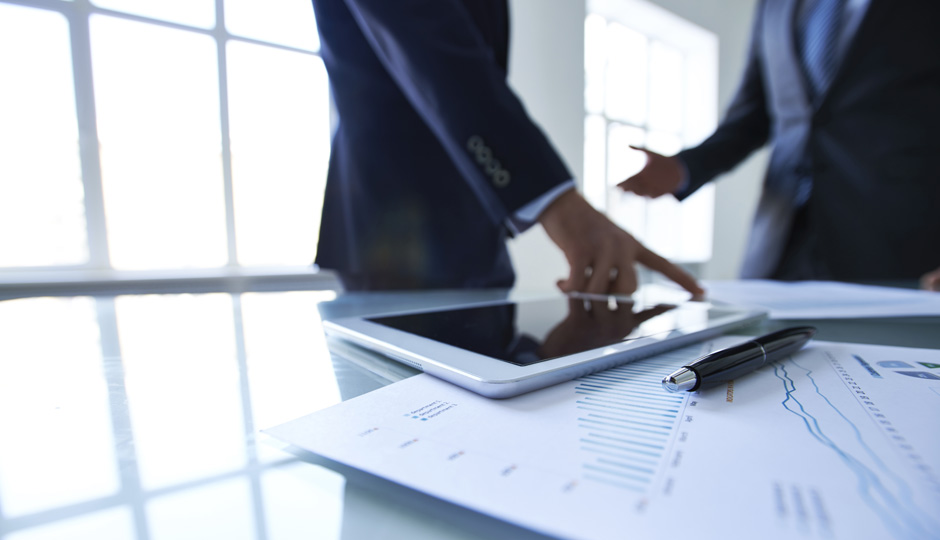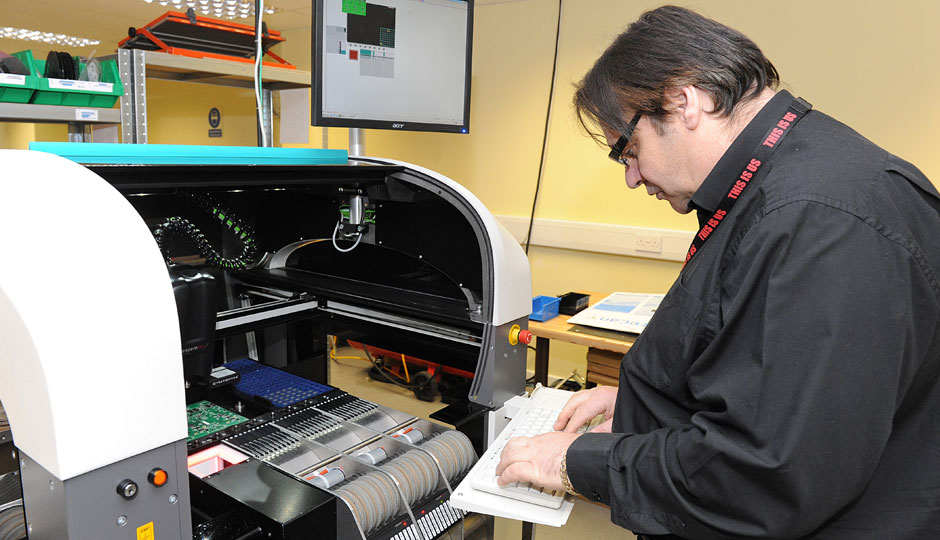Developing successful products for over 20 years doesn't just happen by accident.
To achieve a successful result every time requires a well-rehearsed, rigorous and disciplined approach to everything we do. This is where our electronic project management comes into play.
Make it happen
Using our own ISO-9001:2008 assured quality procedures or adapting our style to fit within yours, we can lead you through Concept Development, Engineering Design, Prototype Build, Testing and Design for Volume Manufacture. Beyond a reliable design, we provide UL / CSA/ IEC / CE-Mark compliance and Technical construction file production. Our proven procedures minimize your technical risk whilst keeping you involved at every stage, through our well structured electronic project management.
Our proven methods, based on well established “Lean” & “Agile” methodologies are also available to help you manage your own projects or to train your staff how to use our project management techniques.
All our projects are run as a series of modules or stages with clear costs, timescales and deliverables. Each stage provides the preparatory work to the next. We ask you to pay for 50% of each stage in advance, 35% on completion and the final 15% following a satisfactory review meeting at the end of the stage.
Our usual electronic project management style is to keep the customer informed and involved at regular intervals, To this end, as well as the formal review meetings at the end of each key stage we also hold formal progress meetings at monthly intervals to which clients are invited. In addition, there are other less formal meetings and interactions (telephone and email) as required to pass information both ways to keep up the project momentum.
Each stage has a clearly defined set of objectives and deliverables. Before commencing each stage, you, the client, is presented with a fixed price quotation for that stage. The end stage is indicated with a stage review meeting in which the outcome of the work is discussed and checks that all the objectives and deliverables for the stage have been met and a general agreement is made to proceed to the next stage. In this way, you remain in full control of progress throughout the whole project.
In projects where it is appropriate, we have developed a Concurrent Engineering style which saves a great deal of time by commencing parts of some stages before proceeding stages have been fully concluded. Whilst it can stave up to 30% of project timescales if managed carefully, there are also some technical risks associated with this technique so we will advise you where we think it is safe and appropriate to employ it.

Vision
Using a well rehearsed format, this session collates all available project information from the client into a single document and asks some pertinent questions which define the project end point and details of the route taken.
Time: 1 week.

Research
The detail of the Project Vision Document is considered and, where appropriate, research undertaken to identify relevant standards, sources of information, similar products and any appropriate off-the-shelf technology which may speed later development stages. Specific issues to be addressed in this stage are: Investigate which current legislation will apply to the product (i.e. EMC and Low Voltage Directives), suggested first pass calculation of build costs. Deliverables: Research report.
Time – 2-10 days.
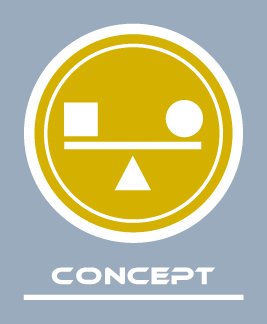
Concept
A detailed consideration of the design of the product. At this stage we bring together all the findings of the Vision and Research stages to produce a mental picture of how the final product will look and work. This will be supplemented where appropriate, with software simulations and visualisations. The output from this stage is a Concept Design Specification. This extends the Project Definition Document into a very detailed functional specification which is used as the basis for the practical development of the first prototype. It is at this stage that we lock down the functional parts of the design. Changes after this stage in the programme can be expensive.
Typical Deliverables: Concept Design Document, Software Flowchart, Simulated user Interfaces, Electronics block diagram, 1st sketch of enclosure and keypad, List of all key components and costs, Refinement of all the project plan based on finalisation of Concept Design, Definition of key performance parameters.
Time: 1-4 weeks

Risk
Any technical aspect or new component of the proposed new product design which has not been well tried and tested before is checked out at this stage to ensure all of the foundation technology modules upon which the product is based will deliver the anticipated performance required for the end product to be successful.
Using circuit “lash-ups”, early software and a lot of simulation we ensure that all building blocks on which the product is based work to requirements and reliably before we commit further work to detailed product design.
Time: 1 – 4 weeks
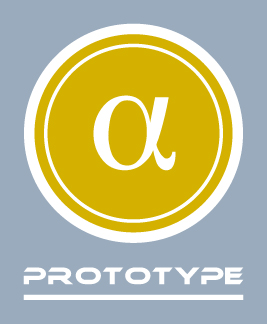
α Prototype
This stage starts the practical work of the project and commences to design the various systems and sub-assemblies upon which the full product is based.
The aim of this stage is not to produce a fully market ready design but to use a variety of prototype techniques which reduce timescales and cost to produce something reasonably similar to the final product to test the concept idea out thoroughly.
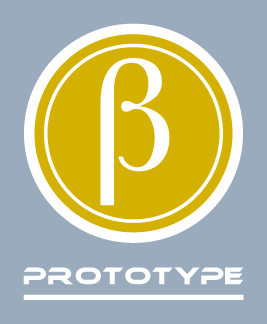
ß Prototype
This stage reviews the test results of the α-Prototype stage, completes all the functionality described in the Concept Design and identifies any areas of the original design which need to be addressed before the product can be considered market ready.
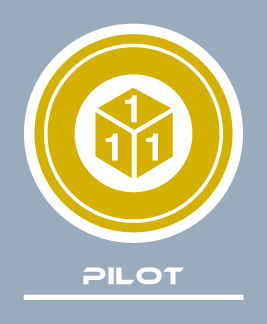
Pilot
At this stage, we refine the production process and build a first batch of production samples which may be used for early sales, compliance testing and Technical construction file production. Any production test rigs and tooling are included in this stage.
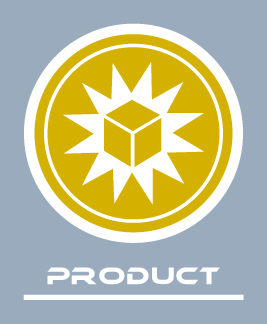
Product
By this point in the project, there product design is well sorted and formal responsibility for it is handed over to our Production team who will service any further orders with any batch sizes our client requires to meet sales demand.

Support
It is inevitable that after product launch, some end customers will want something different – maybe a new feature adding for example or the specification needs changing to address a different geographical market. To cater for these circumstances we provide ongoing technical support which continues to develop the product as the need arises and feed these design changes into our Production process in a carefully managed and fully traceable way.
